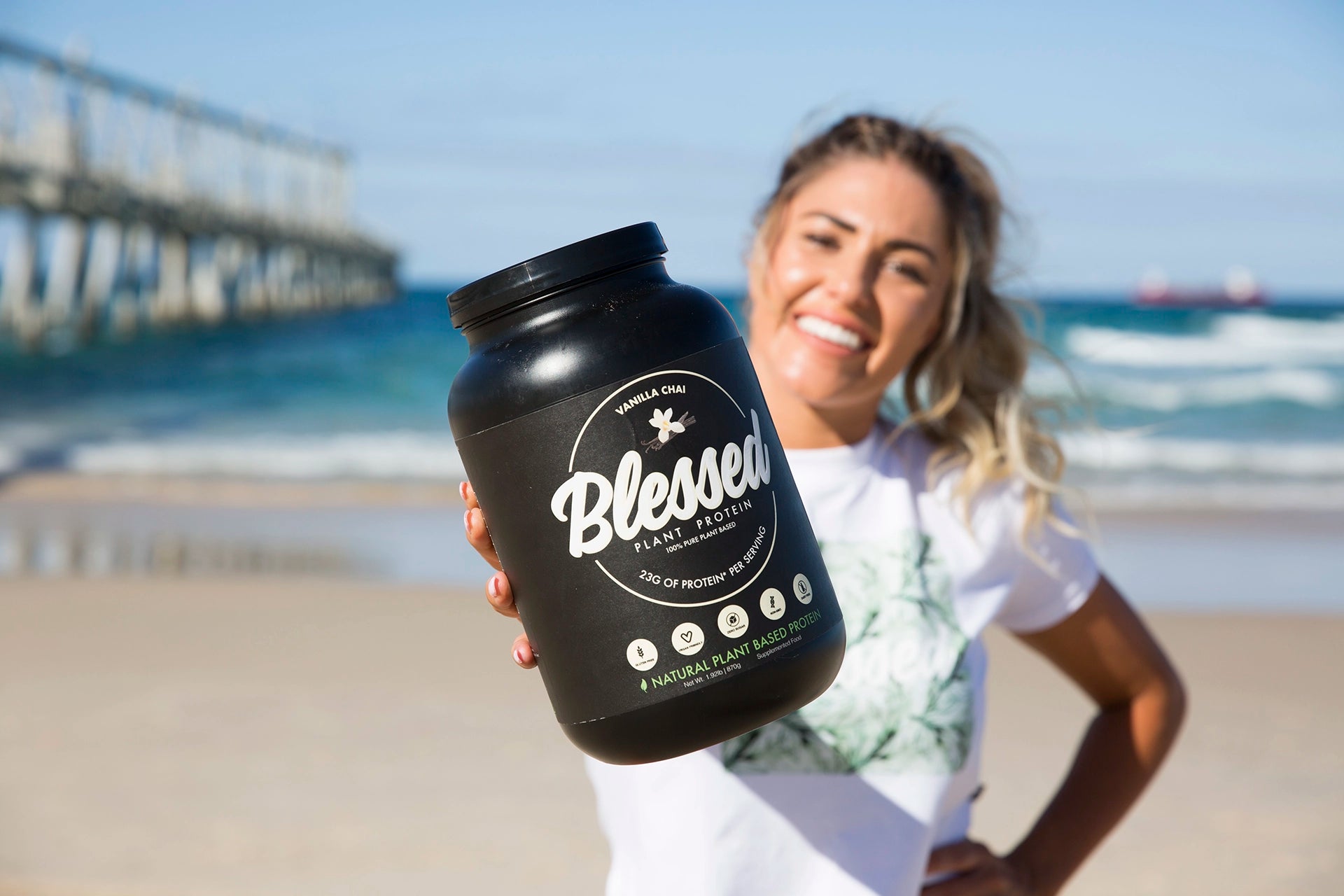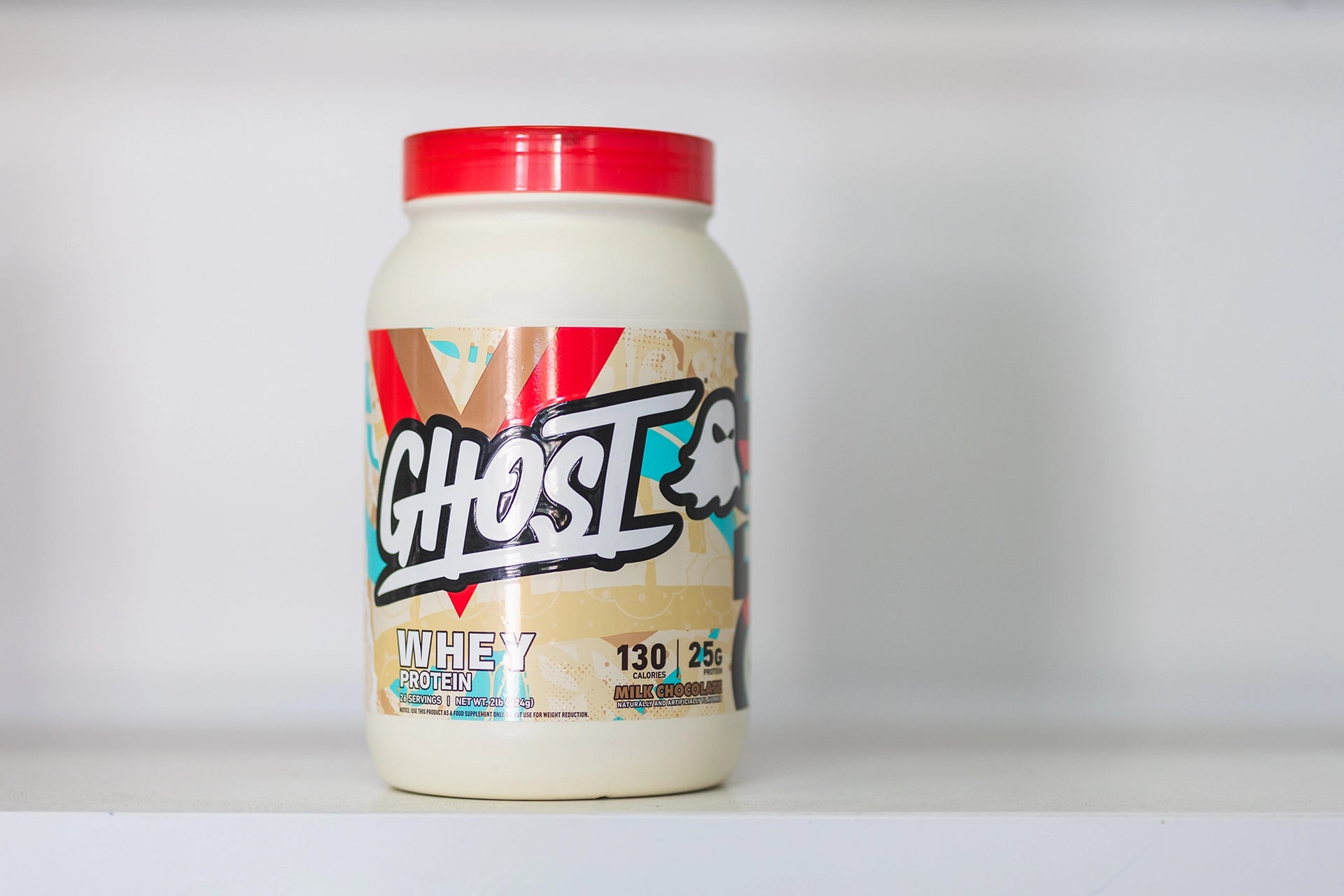In the realm of fitness and nutrition, the quest for optimal protein intake is a journey many embark upon. With the myriad of protein supplements available, choosing the right one can feel like navigating a maze. Two popular options that often find themselves in the spotlight are whey protein and plant-based protein. But which one is truly the best fit for your needs and goals? Let's dive in and explore the nuances of each.

Understanding Whey Protein
Whey protein, derived from milk during the cheese-making process, has long been a staple in the fitness community. It boasts a complete amino acid profile, making it an excellent choice for muscle growth and recovery. Whey protein is rapidly absorbed by the body, making it an ideal post-workout supplement to kickstart muscle repair and growth. Its popularity among athletes and bodybuilders is well-deserved, given its effectiveness in supporting muscle protein synthesis.
Exploring Plant-Based Protein
In recent years, plant-based protein has surged in popularity, fuelled by the rise of veganism, vegetarianism, and a growing awareness of environmental sustainability. Plant-based protein derives from sources like peas, soy, hemp, rice, and quinoa, offering a wide variety of options for those seeking alternatives to animal-based products. Despite the common misconception that plant-based protein lacks completeness, many plant sources can provide all essential amino acids necessary for muscle maintenance and growth.
Health Comparison: Plant-Based vs. Whey Protein
One of the most common questions surrounding these protein sources is which is healthier. The answer depends on various factors, including individual dietary preferences, health goals, and ethical considerations. From a nutritional standpoint, both whey and plant-based proteins offer unique benefits. While whey protein excels in its high biological value and rapid absorption, plant-based protein offers a lower environmental footprint and potential health benefits associated with a plant-rich diet.

Pros and Cons of Whey Protein
Pros:
- Complete amino acid profile for muscle growth and recovery
- Rapid absorption by the body, making it ideal for post-workout supplementation
- Widely available and well-researched in the fitness community
Cons:
- Potential for lactose intolerance or dairy allergies
- Environmental concerns associated with the dairy industry's impact
- Higher processing and refinement compared to plant-based alternatives, potentially reducing overall nutritional value
Pros and Cons of Plant-Based Protein
Pros:
- Sustainable and ethical alternative to animal-based protein sources
- Lower environmental footprint compared to dairy-based proteins
- Diversity of plant sources offering unique health benefits
Cons:
- Potential for incomplete amino acid profiles, requiring careful selection and combination of plant sources
- Lower bioavailability compared to animal-based proteins
- Taste and texture concerns with certain plant-based protein sources
Is Plant-Based Protein Better for You?
The decision between whey and plant-based protein ultimately boils down to personal preferences and health goals. For individuals seeking to minimise their environmental footprint or adhere to a vegan or vegetarian diet, plant-based protein may be the preferred choice. However, those with specific fitness goals, such as maximising muscle growth and recovery, may find whey protein more suitable.

Choosing Between Whey and Plant-Based Protein
When selecting a protein supplement, it's essential to consider factors such as taste, texture, dietary restrictions, and sustainability concerns. Experimenting with different options and consulting with a healthcare professional or nutritionist can help you make an informed decision that aligns with your individual needs and values.
Conclusion
In the debate between whey and plant-based protein, there is no one-size-fits-all answer. Both options offer unique benefits and considerations, making them suitable for different individuals and circumstances. Whether you opt for the rapid absorption of whey protein or the sustainability of plant-based protein, prioritising your health and values is key. By understanding the nuances of each protein source and tailoring your choice to your specific needs, you can embark on your protein journey with confidence and clarity.




Leave a comment (all fields required)